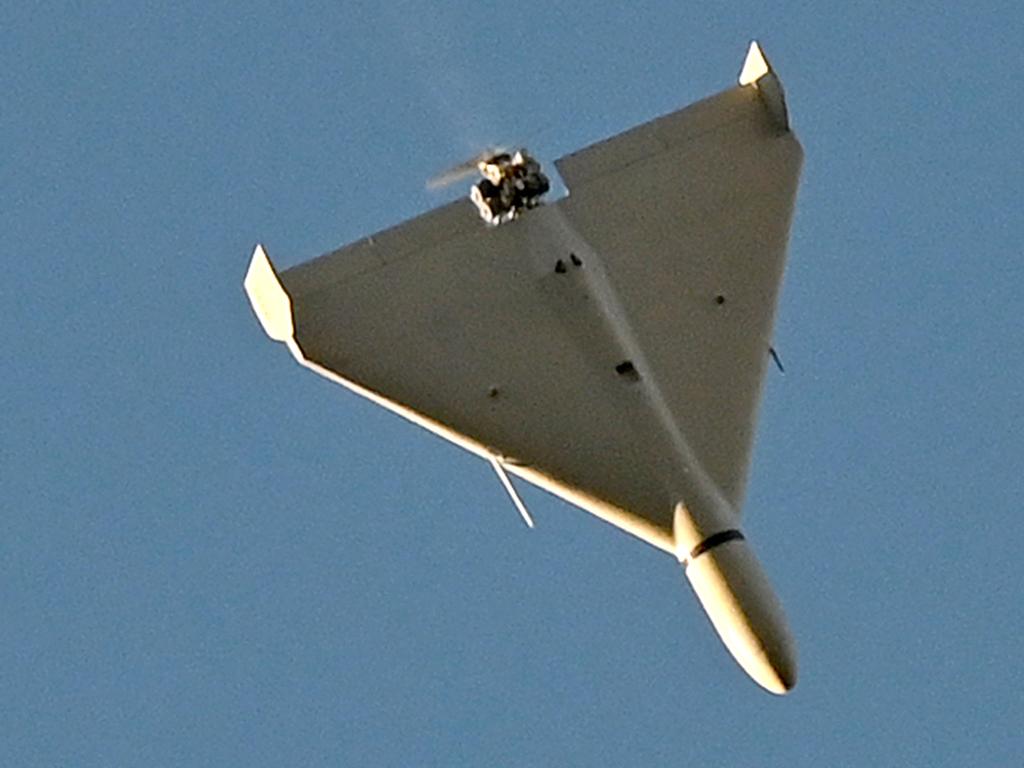Defence’s strategy of secrecy is no longer defensible

We are fortunate to have a democracy requiring ministers and senior bureaucrats to regularly present themselves for scrutiny on how they spend public money and run their departments. Estimates, when it works well, can encourage defensible policy-making and implementation. It can also shed light on poor behaviour and force governments to justify their decisions and positions.
But it doesn’t always work well. In my area of focus, defence and national security, estimates has proven frustrating from government and opposition. In public and parliamentary forums where oversight is sought, Defence, more than any other department, conceals its activities behind a veil of security.
Last week, I asked Defence officials what war they were preparing to fight. I asked Penny Wong, representing the Minister for Defence, her views on the nation’s preparedness for conflict. I sought Defence’s response to the declining strength of our traditional ally, the US, and the impact on Australia’s need for self-sufficiency. This offered an opportunity for frank dialogue with the Australian people. Yet, each question was avoided or deflected.
Nearly a century after “loose lips sink ships” entered our lexicon, the idea that tactical, operational details involving our Defence Force remain secret is familiar and accepted by Australians. We would not expect a government to publicly air details of a live counter-insurgency operation, or technological capabilities that give our forces a competitive edge. Information that could compromise the safety of our personnel or reduce their advantage in battle must be closely guarded.
However, tactics and strategy are two very different things. National defence strategy is broadly about how future operations will be conducted or wars fought – by defining how, where and who the force will fight, we can construct the force we need. It is possible to outline this in an unclassified way (with a more brutally honest version existing in the classified domain). Far from panicking the nation, strategic frankness engages people and gives them confidence in a secure future. It also has broader benefits – how can you deter an adversary without giving them at least some idea of your capacity to strategise?
In recent years, the Americans have adopted a more open approach. Their latest National Defence Strategy states: “The Department of Defence owes it to our All Volunteer Force and the American people to provide a clear picture of the challenges we expect to face in the crucial years ahead – and we owe them a clear and rigorous strategy for advancing our defence and security goals.” This is, fundamentally, government making a pact with its people: we will level with you because, when the time comes, we’ll need to call on you to fight, or at the very least to pay the bill through your taxes.
There are those who see this level of openness as inciting hostility and hindering diplomatic efforts. Yet the Ukraine war has demonstrated the benefits of openly acknowledging strategic threats and publicly sharing intelligence. Earlier this year, we saw an unprecedented willingness from international leaders to broadcast their concerns at the prospect of a Russian invasion before it occurred. This mobilised worldwide condemnation and cemented a strong coalition against Putin from virtually day one – importantly, not at the expense of favourable battlefield outcomes. US political scientist Joshua Rovner observes: “Gone are the days when secrecy was the coin of the realm, and when a state’s possession of private information was the key to strategic success.” Ukraine, which has been preparing for this invasion since 2014, and other governments around the world appear to have reached this realisation. Australia’s leadership has not.

Critics of this viewpoint will undoubtedly accuse me of attempting to score political points and ignoring the previous Coalition government’s similarly tight-lipped approach. I have long maintained that the former government accomplished much for our defence and security. Yet during my time with the Coalition, and in the decades prior, I advocated publicly and privately for strategic openness – both to reduce national complacency and to make sure that we actually had a strategy.
In 2018, as chair of the parliamentary defence sub-committee, I tabled a report entitled Contestability and Consensus, recommending a new bipartisan, statutory committee to enable parliamentary oversight of strategy, with the same arrangements for classified access as the parliamentary joint committee on intelligence and security. Such a body would ensure that, even when valid reasons exist for withholding details from the people, at least some of the people’s representatives can see the full story. In the context of the current parliamentary inquiry into armed-conflict decision-making, this alternative model is worthy of renewed consideration.

While removing the veil of security to enable deeper parliamentary scrutiny would be a good first step, it is not sufficient. A more open, frank dialogue is required between Australia’s government and its people about the challenges that lie ahead.
War is now more likely than at any point in the past 80 years, but our next conflict won’t involve a few thousand troops on far away shores. It will occur on our doorstep, impacting the entire nation. And if government is hoping that when this happens, it can rely on Australians to fight in our defence or at the very least pay the bills, now is the time to start a very candid discussion.
Jim Molan is a Liberal senator for NSW and a former major general in the Australian Army.






Last week, I participated in Senate estimates for the government’s October budget. This was not my first estimates, but my first from opposition. Like previous estimates, I found it to be a civil, sometimes collegiate, yet generally unenlightening experience.